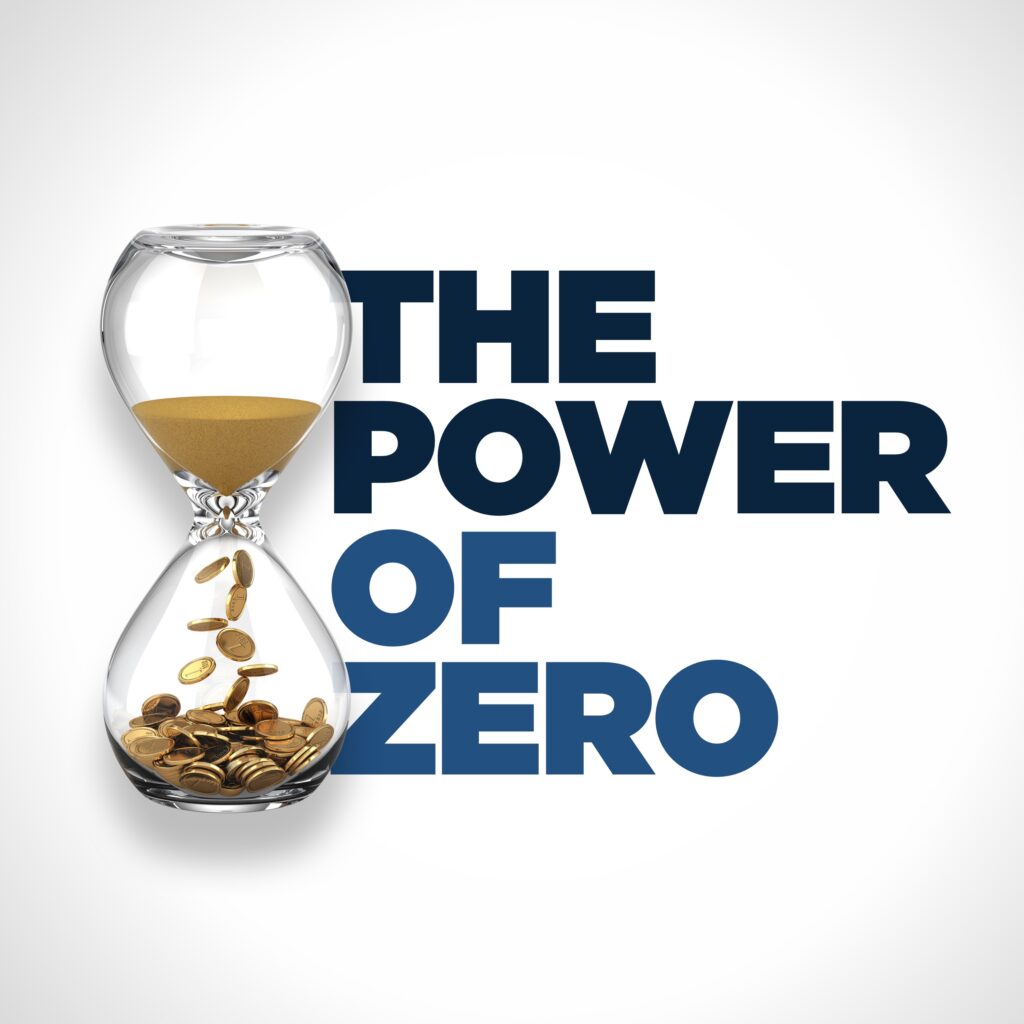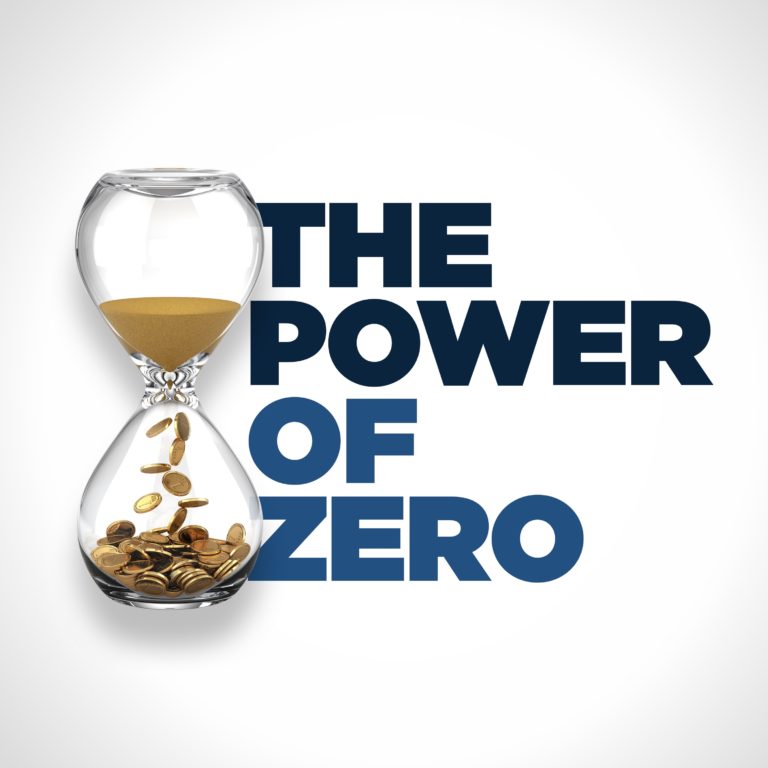In this episode, David focuses on the true fiscal day of reckoning for the U.S., and how it should inform important retirement decisions when it comes to the Power of Zero paradigm.
For David, asking yourself ‘Over what time frame should I be shifting my tax-deferred retirement assets to tax-free?’ is one of the most important variables to consider when executing your Power of Zero strategy.
David’s view is to consider shifting money slowly enough so that you don’t rise into a tax bracket that gives you heartburn, but quickly enough that you get all the heavy lifting done before tax rates go up for good. The problem, however, lies in the fact that if Congress were to do nothing between now and 2026, the Tax Cuts and Jobs Act will expire – leading to an increase in tax rates.
When it comes to executing strategies, David recommends having an approach that isn’t either too alarmist or heavy-handed. It’s important to ask yourself what the Government is likely to do to tax rates, over what time frame, and act accordingly.
Over at DavidMcKnight.com, you can find a “magic number” calculator in the upper right-hand corner of the webpage. The calculator shows you how much money you should be shifting to get to your IRA balance over a given time frame.
David asks a key question: ‘What if 2026 is not really the deadline we should be concerned with?’ Perhaps, he says, 2026 may be regarded merely as the year in which tax rates return to historically normal levels.
David refers back to the 2021 interview with Brian Beaulieu, an economist who has been working with Fortune 500 companies for the last four decades to predict what the economy is going to do in the future – and he has done so with an almost 95% success rate.
According to Brian Beaulieu, the deadline we should really be concerned with is 2030, the year in which he predicts the U.S. will go into a Great Depression. The reason for this prediction is the trajectory of national debt and the increasingly high number of Baby Boomers reliant on Social Security, Medicare, Medicaid, and interest on the national debt.
If Beaulieu’s prediction were to be correct, it would mean that you shouldn’t really be fixating on shifting your dollars from tax-deferred to tax-free over four years, especially if you have large amounts of money in your tax-deferred bucket. In this scenario, you would have the opportunity to spread your tax obligation out over a longer period of time, which would keep you in a much lower tax bracket along the way.
For David, 2024 is going to be a key year for the fact that, if Republicans were to take the House, the Senate, or the Presidency, then there’s a good chance that the Tax Cuts and Jobs Act would be extended for another eight years. As a result, the current low tax rates would be extended through 2032.
However, this approach of “kicking the fiscal can” further down the road, would mean that the fix on the back end will be much more aggressive – something nobody would like on the back end.
Mentioned in this episode:
2021 interview with Brian Beaulieu
David’s books: Power of Zero, Look Before Your LIRP, The Volatility Shield, Tax-Free Income for Life and The Infinity Code
PowerOfZero.com (free video series)
@mcknightandco on Twitter
@davidcmcknight on Instagram



